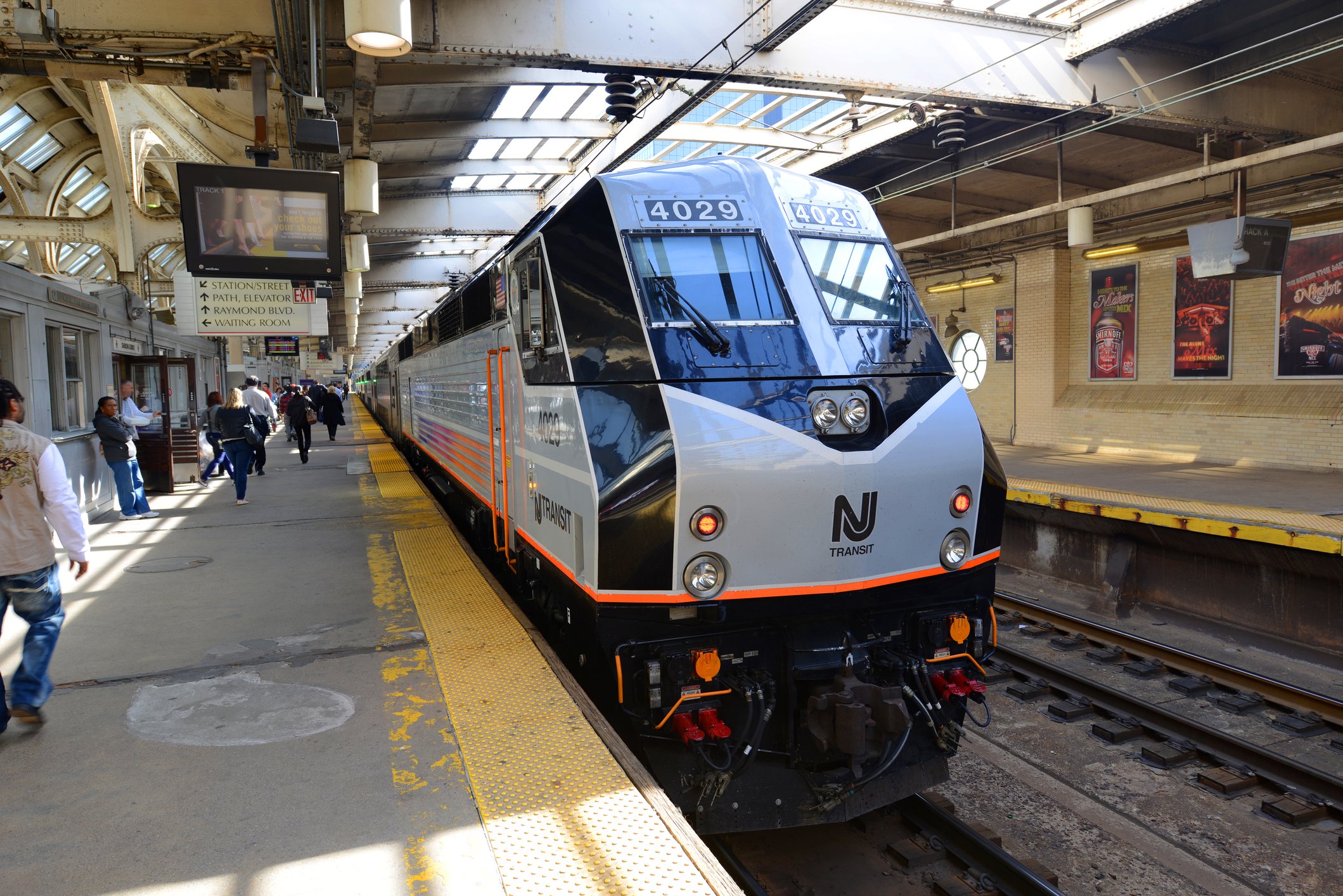Newark, NJ – New Jersey Transit (NJ Transit) has issued a stark warning to its 350,000 daily commuters, urging them to prepare for significant disruptions as a potential strike by the Brotherhood of Locomotive Engineers and Trainmen (BLET) looms.
The strike, which could begin as early as 12:01 a.m. on May 16, 2025, threatens to halt all NJ Transit rail services, including Metro-North Railroad west of Hudson service, leaving hundreds of thousands of riders scrambling for alternatives.
In response, the agency is strongly encouraging commuters to work from home and limit travel to essential purposes only.
“NJ TRANSIT strongly encourages all those who can work from home to do so and limit traveling on the NJ TRANSIT system to essential purposes only,” a NJ Transit spokesperson said.
The labor dispute stems from the BLET’s rejection of a tentative contract agreement reached with NJ Transit in March. The union, representing 455 locomotive engineers, is pushing for higher wages, citing that their members earn significantly less than peers at other regional railroads like Amtrak, Metro-North, and the Long Island Rail Road. A federal Presidential Emergency Board found that NJ Transit engineers earn at least $10 less per hour than counterparts at these agencies, despite similar responsibilities. The BLET argues that substandard wages have led to engineer shortages, with eight engineers recently leaving for better-paying jobs at Amtrak.
NJ Transit President and CEO Kris Kolluri announced a contingency plan on Wednesday to mitigate the impact of a potential strike, but he emphasized that the agency’s options are limited.
“We will focus on moving essential workers who need to get to their jobs,” Kolluri said during a press conference.
The plan includes bolstering existing bus routes, particularly those serving New York City, and contracting private carriers to operate limited bus service from four regional Park & Ride locations—Secaucus Junction, PNC Bank Arts Center in Holmdel, Hamilton Rail Station, and one additional site—during weekday peak periods. However, no midday, late-night, weekend, or reverse commute services will be available, and bus capacity cannot fully replace the rail system.
“A strike would severely impact hundreds of thousands of daily riders, disrupt the region’s economy, and undermine access to essential services,” NJ Transit stated on its website. The agency estimates that providing limited alternative service would cost taxpayers $4 million per day.
If the BLET’s demands were met, NJ Transit claims it would face a $1.363 billion cost between July 2025 and June 2030, potentially leading to a 17% fare hike or a 27% increase in the Corporate Transit Fee.
The Port Authority of New York and New Jersey is preparing for a spike in PATH riders, while private bus service Boxcar estimated a 75-80% chance of a strike and advised customers to book ahead for mid-May.
The last NJ Transit rail strike, in 1983, lasted 34 days, and a potential walkout in 2016 was narrowly averted hours before the deadline. With negotiations set to resume, both sides face pressure to reach a resolution. NJ Transit defends its proposed wage increases, arguing that they align with pattern bargaining practices accepted by 14 of its 15 rail unions. However, the BLET remains steadfast, with union chairman Tom Haas stating, “We earn less than our peers at other commuter railroads that share the same platforms.”
As the May 16 deadline approaches, NJ Transit is urging riders to stay informed through its website and social media channels. For now, the agency’s message is clear: work from home if possible, as the region’s transportation network teeters on the brink of a major disruption.
